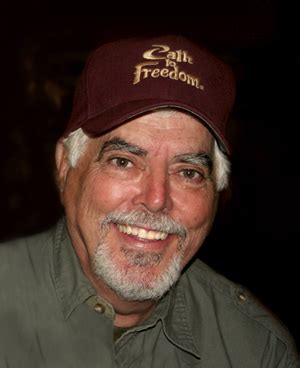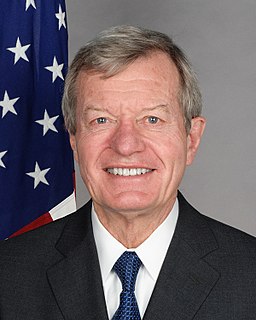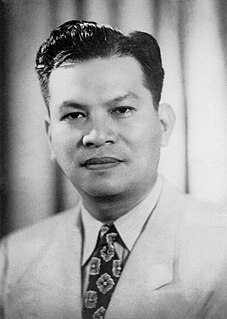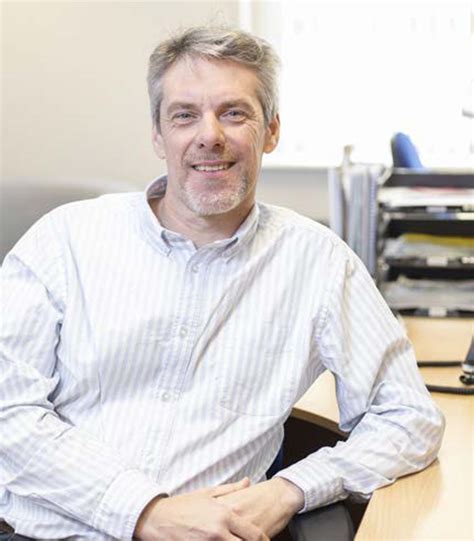A Quote by Chuck Schumer
Working with the media remains an effective and essential way to raise issues, educate the public, and prod policy-makers and corporate leaders to change for the better.
Related Quotes
In our society, growing food yourself has become the most radical of acts. It is truly the only effective protest, one that can-and will-overturn the corporate powers that be. By the process of directly working in harmony with nature, we do the one thing most essential to change the world-we change ourselves!
If you're working on better conditions for prisoners, if you make that a popular issue and you invite mainstream media to weigh in on that subject, you're going to end up with a much more regressive public-policy environment than if you approach it in a quieter way. It's not because the public is stupid, it's just that people with only a cursory interest in something are going to have a knee-jerk reaction to it. That's impossible to explain in a cable-news media... it doesn't make sense.
There are some political issues where mainstream press attention only hurts. We think about activism as being this generic model of consciousness-raising, then hopefully media attention, attraction of new people to your cause, building public support for your cause, then decision-makers reacting to that change in public opinion. That's true for some types of activism, but it is not true for all of them.
Indeed the three policy pillars of the neoliberal age-privatization of the public sphere, deregulation of the corporate sector, and the lowering of income and corporate taxes, paid for with cuts to public spending-are each incompatible with many of the actions we must take to bring our emissions to safe levels.
We have voluntarily agreed to let an invisible government sift the data and high-spot the outstanding issues so that our field of choice shall be narrowed to practical proportions. From our leaders and the media they use to reach the public, we accept the evidence and the demarcation of issues bearing upon public questions; from some ethical teacher, be it a minister, a favorite essayist, or merely prevailing opinion, we accept a standardized code of social conduct to which we conform most of the time.
The problem is the policy makers don't have practitioners in the policy team. You won't make an IT policy without consulting a Narayan Murthy or Nandan Nilekani. But for energy, people think they know everything and they know what to do for it. That's how the policies are created in Delhi and that needs to change.
It's important in our role as leaders that we use the platform to address issues, to address barriers, to identify best practices for overcoming these challenges with businesses small and large. Maybe there are some public policy issues that we need to address. Maybe some of them are at the federal level and some are at the state or local level.

































